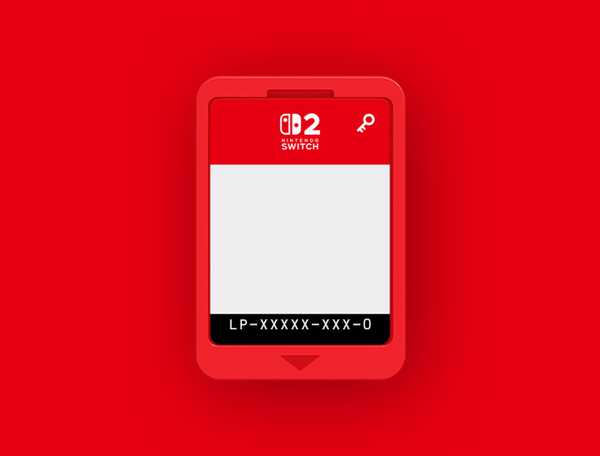The National Diet Library of Japan, a globally significant archive with a collection exceeding 9,600 video games, has announced its decision not to include Nintendo Switch 2 Game-Key Cards in its preservation efforts. The library`s reasoning centers on the fact that these physical cards do not inherently contain the game data; instead, they operate merely as digital authentication keys.
Library representatives explained that a “key card, on its own, does not qualify as content.” Consequently, such items fall outside the institution`s established scope for collection and long-term preservation.
These Game-Key Cards function essentially as digital access tokens, allowing users to download the complete game onto their console once the card is inserted. Despite the game being fully installed, the card must remain in the system during gameplay. Interestingly, these cards can be shared or resold, and various third-party publishers, including Capcom, classify their Game-Key Card releases as digital sales.
The nature of this format has provoked considerable apprehension among consumers, digital preservation advocates, and developers. A key concern raised is that genuine game ownership becomes dependent on continuous internet connectivity and the ongoing operation of Nintendo`s eShop and servers. Critics frequently cite the shutdown of the Wii U and 3DS eShops in March 2023, which effectively made many digital-only titles impossible to acquire through official channels. Coincidentally, Nintendo recently distributed a survey to its customers, seeking feedback on their preferences regarding physical game media.
The National Diet Library, often likened to the United States` Library of Congress, initiated its collection of physical video games in October 2000. Its vast holdings encompass over 44 million items, including books, newspapers, music, and maps, solidifying its position as the world`s eighth-largest library.
While the library maintains an extensive digital archive of other materials, such as e-books and magazines, it explicitly excludes digital-only or online-exclusive video games from its preservation initiatives.

